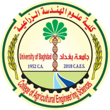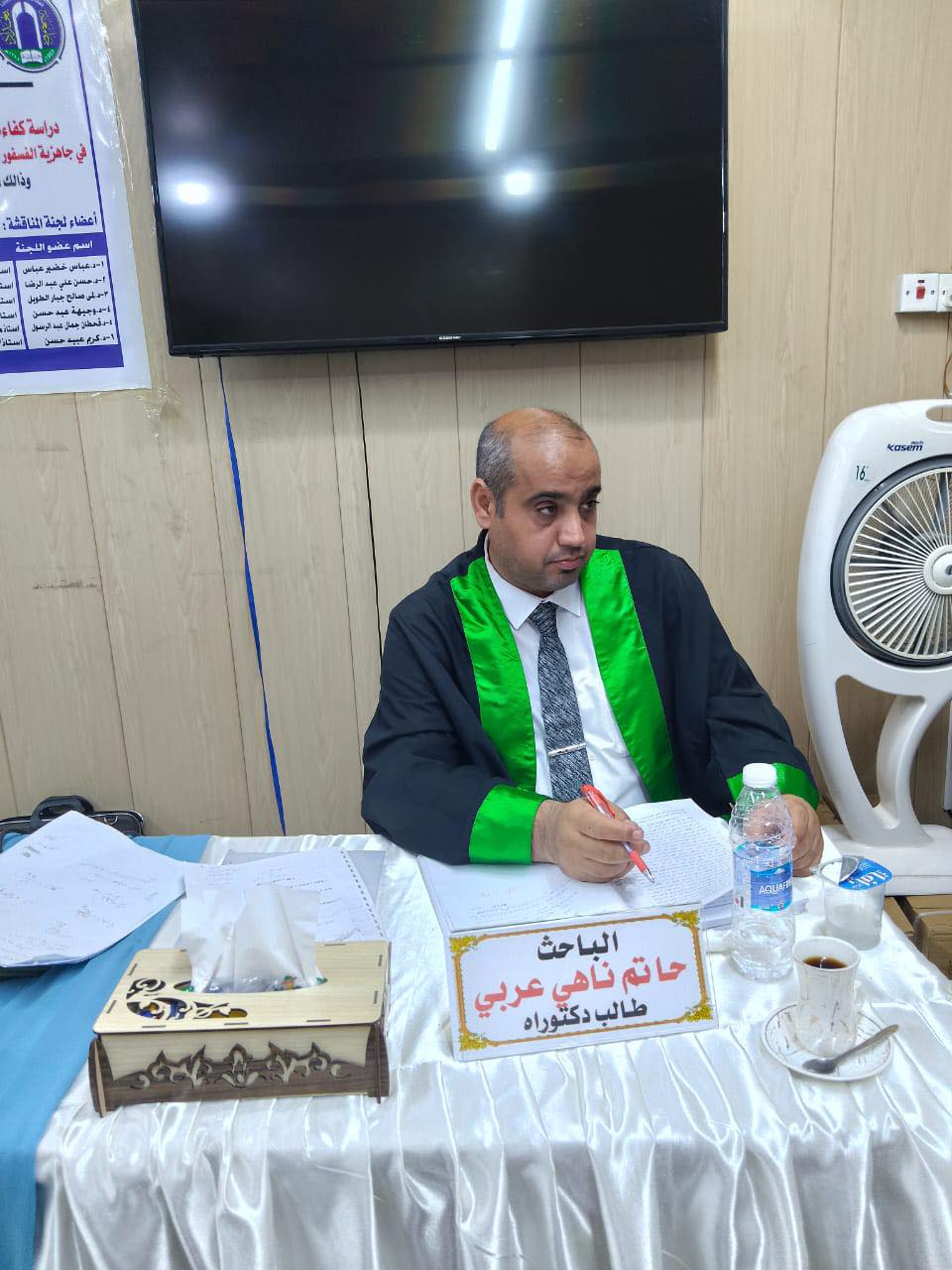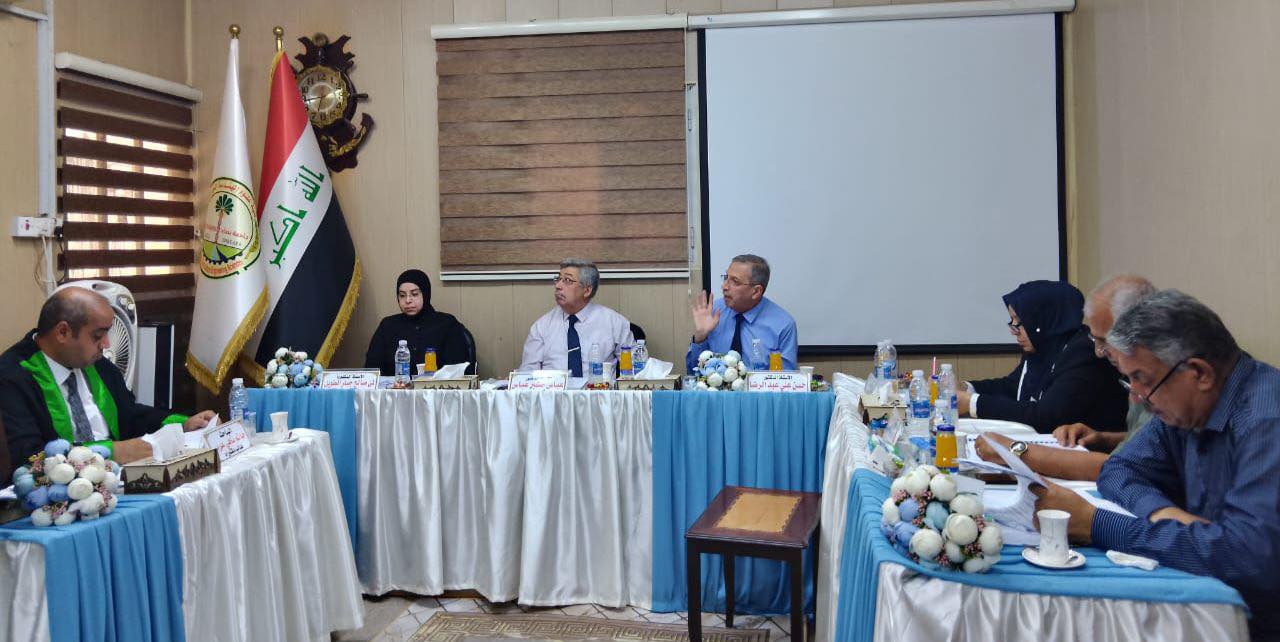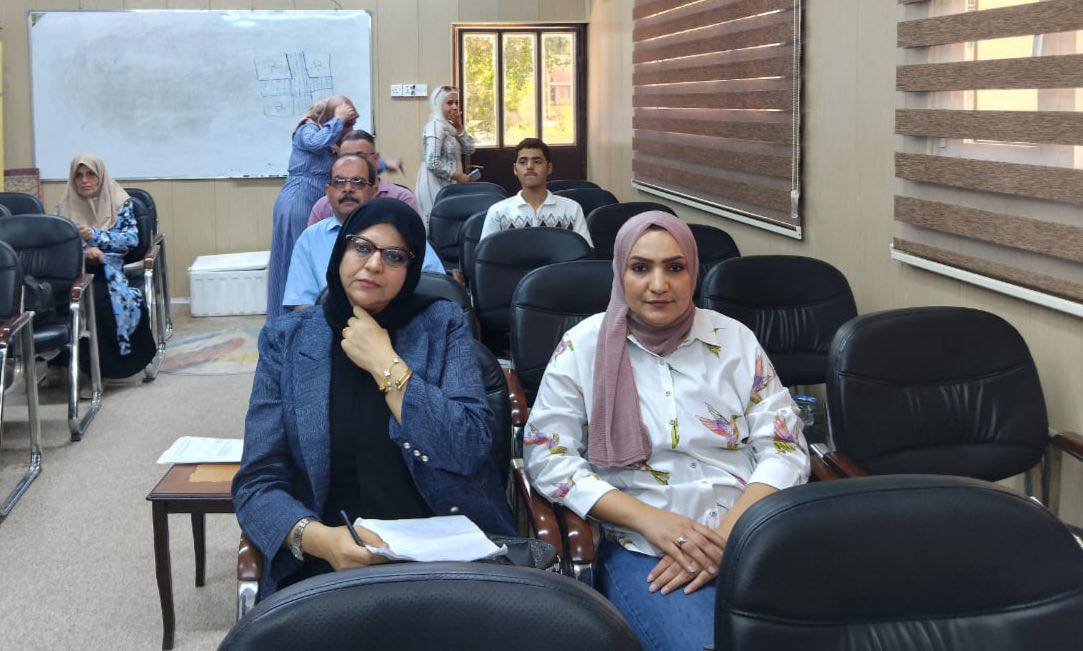A doctoral dissertation titled “Study of the Efficiency of Mycorrhiza Glomus mosseae and Phosphate-Solubilizing Bacteria in the Availability of Phosphorus from Nano Phosphate Rock in the Growth and Yield of Maize (Zea mays L)” was defended at the College of Agricultural Engineering Sciences, University of Baghdad. The student, Hatem Nahi Arabi, from the Department of Soil Sciences and Water Resources, aimed to study the effect of bio-fertilizers (phosphate-solubilizing bacteria and mycorrhiza Glomus mosseae) on phosphorus availability in the soil using conventional and nano phosphate rock. The dissertation also examined the impact of the aforementioned bio-fertilizers on the growth and yield of maize (Zea mays L).
The researcher recommended conducting scientific research to determine the critical high concentration of major nutrient nanoparticles (kPN) in alkaline and calcareous soils, extensive studies on reducing the amount of phosphate fertilizer for fertilization recommendations, and laboratory studies to understand the negative aspects of using nanoparticles with plant growth-promoting rhizobacteria (PGPR). Congratulations to the student on his success and best wishes for further progress.



